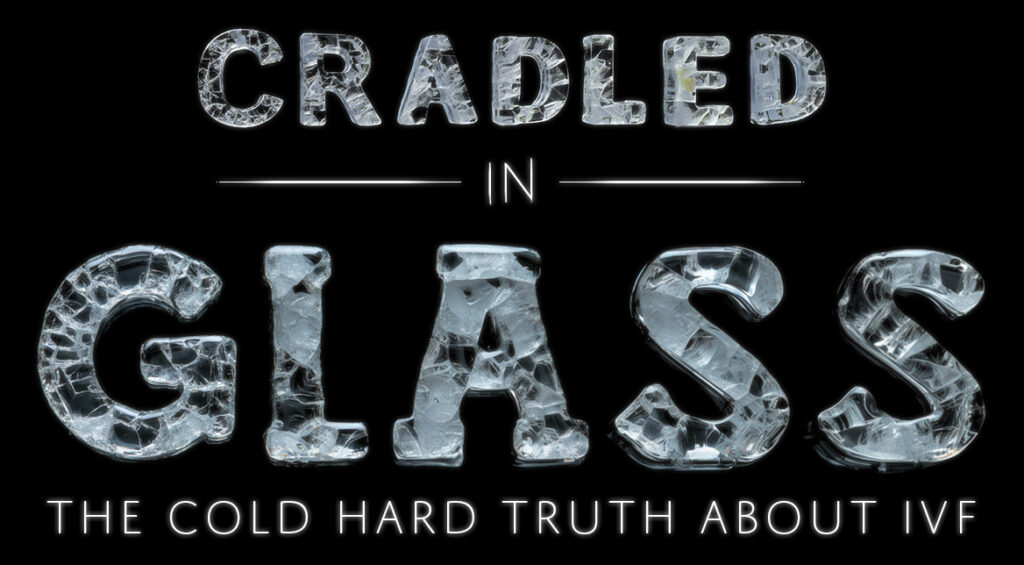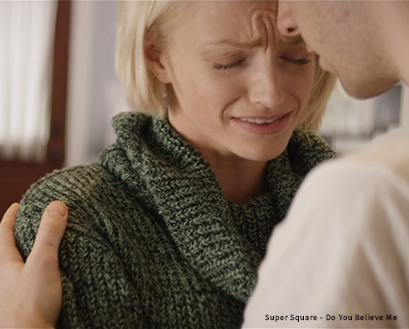
Only 7-8% of embryos created through in vitro fertilization are born.
There are currently at least 1.5 million frozen embryos in the United States. Hundreds of thousands are “abandoned,” without a clear future.
Why This Message Is So Needed
IVF has become widely accepted, with overwhelming public support. Yet, critical information about it is lacking. This docuseries aims to fill that gap, shedding light on the ethical and human dimensions of IVF.
About the Docuseries
This docuseries offers an honest and compassionate examination of IVF, rooted in scientific fact.
The series adopts a “micro to macro” approach, beginning with the intimate stories of those directly affected—mothers, embryos, and individuals involved in the process. It examines genetic testing and storage while presenting restorative reproductive medicine as an alternative fertility treatment for qualifying individuals.
Featuring families who chose embryo adoption, the docuseries expands to explore the broader impact of IVF on families and society. It examines the legal landscape and raises critical questions about the use of embryos in scientific research.
Through a blend of expert testimony and personal narratives, this series presents a balanced, in-depth exploration of IVF, underscoring its impact on humanity’s future.
Episode 1-2: Behind Glass Doors | Restorative Reproductive Medicine

The IVF process in theory and in practice. Introduction of restorative reproductive medicine as an IVF alternative.
The episode begins with a visual narration of conception, highlighting the phenomenon known as “zinc sparks.” It examines the IVF process, and compassionately shares two women’s contrasting IVF journeys: one with failed cycles and lost embryos, another with IVF twins and a frozen embryo dilemma. A current embryologist discusses the technology of IVF, and restorative reproductive medicine (RRM) is introduced as an alternative.
Episode 3-4: The Fortunate | The Fallen

When surplus embryos are created in an IVF cycle, parents can choose to “put their embryo up for adoption,” or donate them to another family.
A heartwarming glimpse into the Yoder family’s story of adopting and raising Jack, a 10-month-old embryo adoption success. Through personal accounts and expert insights, the episode highlights embryo adoption and guidelines IVF clinics have for which embryos they will transfer.
Episode 5: Legal Limbo

The legal landscape of IVF, recent case law, and developing legislation.
Opening in an Alabama courtroom, the episode examines pivotal cases like LePage v. Center for Reproductive Medicine and Davis v. Davis, exploring their legal and ethical ramifications. With perspectives from lawyers, a lobbyist working for IVF protections, and policymakers, it explores the current legislative efforts to protect IVF and presents Restorative Reproductive Medicine as a statistically more effective and cost-efficient alternative.
Episode 6: Crystal Cages

The scientific research involving human embryos and the ethical dilemmas they create.
This episode explores the fields of stem cell research, CRISPR technology, and the future of embryonic science. Leading scientists highlight the medical advancements made through embryonic research, while addressing the ethical decisions that have shaped their journey. Legal and ethical experts examine the regulations governing the use of embryos in research. A bioethicist provides a thought-provoking perspective on the future on embryonic research. The episode concludes with a compelling summary, tying together its key themes and situating them within the broader context of the series.




